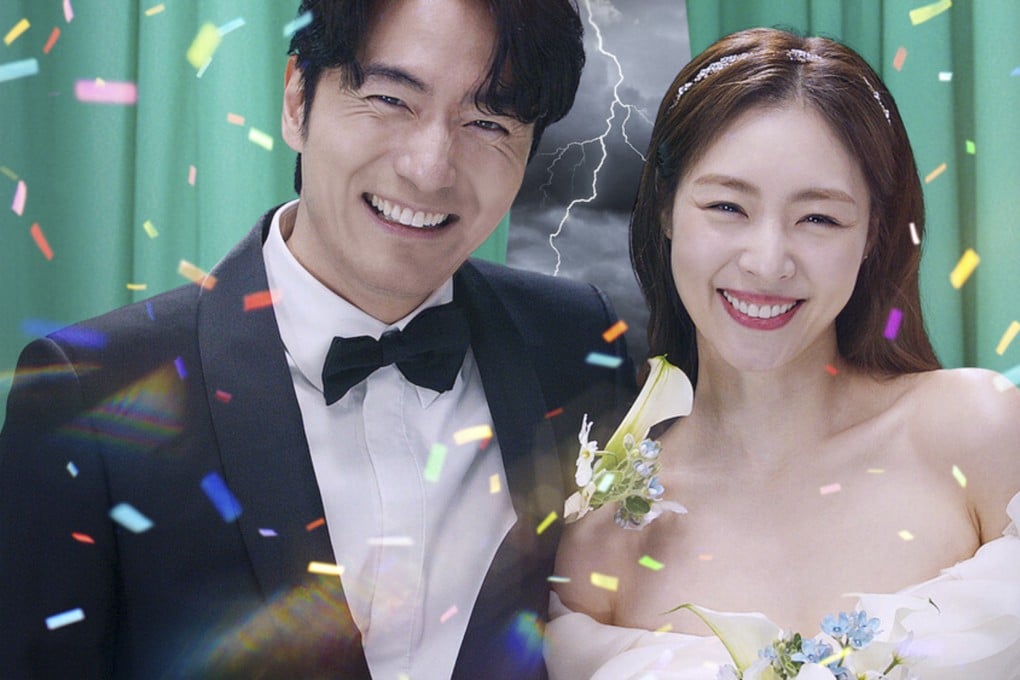What a view | Netflix K-drama Welcome to Wedding Hell lays bare the troubles in 2 becoming 1
- The new 12-part series starring Lee Jin-uk and Lee Yeon-hee as newlyweds-to-be is full of clashing family egos and comic misunderstandings
- Meanwhile, Colin Firth attempts to outdo Hugh Grant (again) in being the baddest bad guy in murder-mystery The Staircase on HBO Go

“Hell is other people’s weddings,” as philosopher Jean-Paul Sartre didn’t write, exactly.
But he was close. And he might have appreciated the existential problems faced by the betrothed in 12-part Korean series Welcome to Wedding Hell (Netflix), in which a couple’s matrimonial plans turn into a labyrinth of niggling difficulties laid across a minefield of sacred social niceties.
Lee Jin-uk stars as groom-to-be Seo Jun-hyeong; his intended is Kim Na-eun (Lee Yeon-hee). And although they are clearly smitten, they find it difficult to broach important subjects – such as money and exactly how much of it they have. (“Money is to marriage what gasoline is to cars,” as one acquaintance tells a naive Na-eun.) Financial resources, the pair suspect, might somehow affect their future happiness. Well, duh.
Other doubts creep in: what does she feel about that? What’s his opinion on this? Should the woman speak first when even mentioning marriage? Who should pay at a restaurant? And how – shudder – should that dread-laced initial meeting of the future in-laws be negotiated? Here, the conclave of the clans is adroitly handled and teases out all the snobbery, embarrassment and susceptibility to faux pas that accompany the deafening sound of clashing family egos.
What is odd about all this whimsy is that the couple, in their 30s, need the sort of guidance that teenagers in their first relationship might require.
At this age, do they really have to tip-toe around even mildly sensitive subjects? Or is this a searing critique of societal dos and don’ts in an Asian country hardly renowned for its conversational forthrightness?
